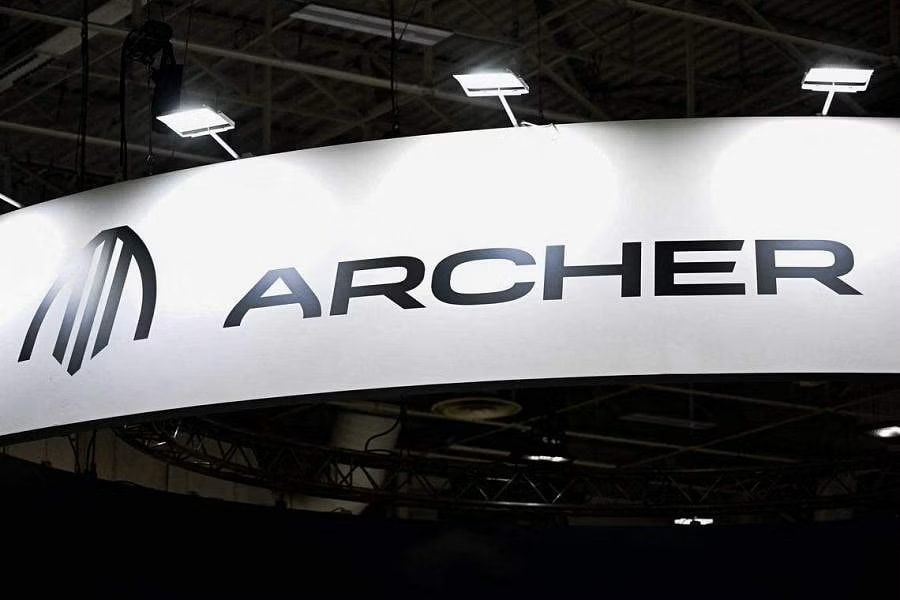
ELECTRIC aircraft startup Archer Aviation is mapping out a strategy for expansion to the Middle East and Asia at the same time as it continues work to secure certification for its air taxi in the US.
The California startup, which has a tie-up with United Airlines Holdings, is in advanced talks with potential partners in seven major international markets, chief executive officer Adam Goldstein said.
“There has been interest globally,” Goldstein said in an interview at the Paris Air Show last week, where he met with customers, suppliers and government officials.
The geographic targets include India, the United Arab Emirates, Japan, Singapore, Australia, Saudi Arabia and Korea, Archer said separately. While finding a strong partner is key, the company also looks favourably on the regulatory environment for electric vertical take-off and landing aircraft, or eVTOLs, in those jurisdictions.
“We believe those markets will be a fast follow after obtaining type certification with the Federal Aviation Administration (FAA),” Goldstein said through a spokeswoman.
Rules row
Last week, Goldstein lashed out at the European Union Aviation Safety Agency, telling the Financial Times in an interview that certification guidance issued by the regulator would make it “extremely hard” to commercialise air taxis within the bloc. He declined to elaborate further.
The commercial appeal of India, the world’s most populous country, is apparent with its traffic gridlock and a rising middle class. In the UAE, Abu Dhabi and Dubai are attractive as global crossroads serving East-West travellers and well-heeled locals.
Archer has a deal to sell as many as 200 of its four-passenger craft to United and its regional partner Mesa Air Group. Each is an investor, along with Jeep maker Stellantis, with an 11 per cent stake, and Mubadala Capital, an arm of Abu Dhabi’s sovereign wealth fund.
Air-taxi companies are racing to gain certification for the battery-powered aircraft while locking down customers in the embryonic market. Shares of rival Joby Aviation surged 40 per cent on Wednesday (Jun 28), after the FAA cleared the startup to test aircraft coming off its assembly line.
Joby stock continued to advance on Thursday after the company disclosed a US$100 million investment from South Korean telecommunications company SK Telecom.
Market rates
There are no guarantees on when Archer or its rivals will win approvals. Archer’s Midnight model uses multiple new technologies – including batteries to power the craft and innovative types of materials – that make it more complex for regulators to evaluate.
Archer said in May that it plans to begin flight-testing of the four-passenger Midnight this summer, towards a goal of starting commercial operations in 2025. The aircraft has 12 propellers attached to fixed wings, allowing it rise vertically like a helicopter, then tilt to a plane-like flying over distances.
The company aims to whisk passengers to and from airport terminals with a VIP-type service, bypassing road traffic and airport lines at security stations and check-in desks.
Archer will charge what the market can bear but has designed its service to operate profitably at prices comparable to Uber ground taxis, chief financial officer Mark Mesler said in a May 23 investor presentation. Airport landing fees that haven’t yet been set could change that calculation, he cautioned.
“It’s almost similar to flying private,” Goldstein said. “A couple minutes before your flight, you land, you go through a very small private security and then you walk upstairs and get on the plane and take off. That is a great experience.” BLOOMBERG
SOURCE: businesstimes.com.sg
